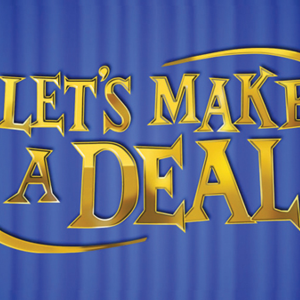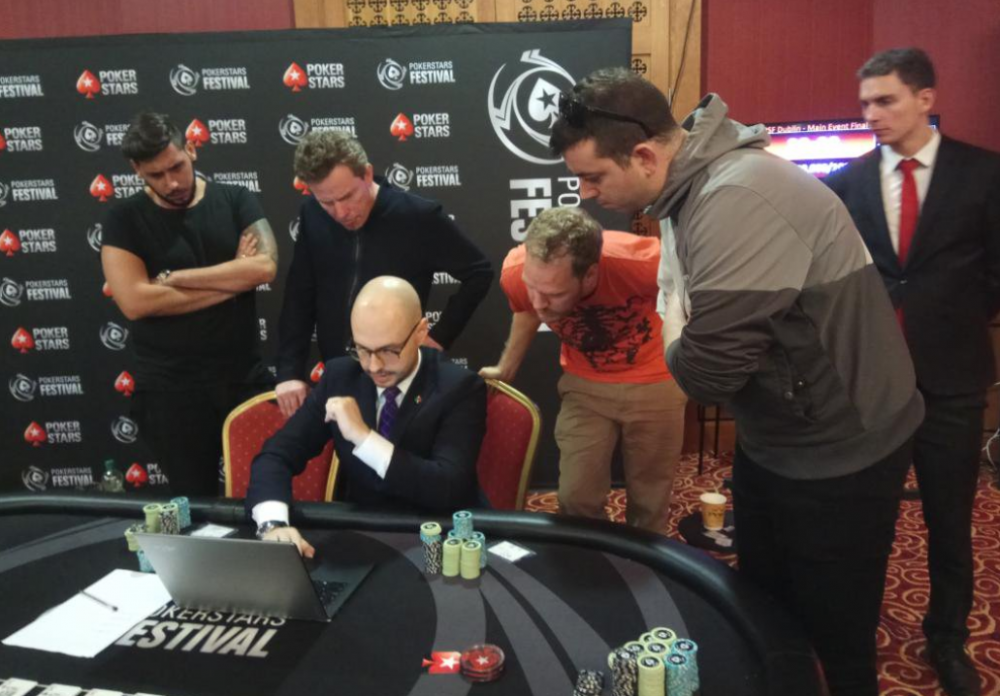Tips for Negotiating Poker Tournament Deals

If you play poker tournaments, you know people make deals at the final table. You may have even taken part in a deal yourself. The key to deal making is to determine whether or not the deal is fair, or even if you need to make the deal at all. Here are some considerations to make when making a deal.
Tournament Structure
When making a deal at the final table, especially one that involves the last five players or fewer, you need to first take a look at the structure of the event. Is there still plenty of play left comparable to the stacks or is the event beginning to become a bit of a crapshoot?
I was once at a final table of a HORSE event where the chip leader had 45,000 in chips and we were getting ready to go to 3,000 and 6,000 betting. In this case, it made sense to make a deal as everyone was a relatively short stack.
Your Stack Size
Obviously, the shorter your stack size, the more willing you probably will be to make a deal. However, check out the other stacks at the table. Some of the worst deals I have seen were ones made where the short stacks had 1 or 2 big blinds or big bets left. If you are a chip leader, you need to make sure that the deal is fair to you based on your chip stack.
Payout Amount After Deal
Clearly, one consideration will be how much money you make after the deal. The final table mentioned earlier was probably one of the best deals that I have taken part in. We decided to chop the money up based on the prize pool, and the only way I could have made more money was to win the tournament outright. I had about 23k and was in 3rd place out of five remaining. At 3k and 6k betting, I had one hand more or less to play.

Chip count based deals are among the most common you will run across, but some people will want to negotiate their own terms. Decide what you will want to get and stick to your guns within reason. There is no real reason to refuse a deal over $100 or $200 when you are making thousands. However, I have seen people refuse to deal over such a tiny amount.
Play it Out or Conclude the Event
Depending on the casino’s rules, you may have the option to play it out if there is a trophy awarded. Some even like to make a save and leave some money to play for. If this is allowed, this can make the deal sweeter or easier to pull off.
Other casinos will want to end the tournament when the deal is struck, so unless you are the chip leader, make sure you are OK with giving up the victory. Another option is to chop up the prize money and play one hand to award the trophy. This is entirely luck-based, but it determines a “winner.”
Skill Level
This last tip is assuming that your structure is allowing for plenty of play. If so, you will want to consider your skill level as opposed to the rest of the final table. If you feel that you are capable and able to take it down or narrow it down to heads-up, then you naturally have the right to refuse to deal.
However, make sure you are really capable and able to do so by the structure. I have seen final tables where the chip leader had 12 big blinds and the refused to deal because he felt his skill was superior. Ironically, this type of player tends to bust out early after refusing to deal.
Deal making is an everyday part of the game of poker. You are not required to make a deal, but in many events, it just makes good sense to make a save or just chop up the prize pool and move on. Regardless of whether you use the information, at least now you have some tips to help you make better deals at the final table.
